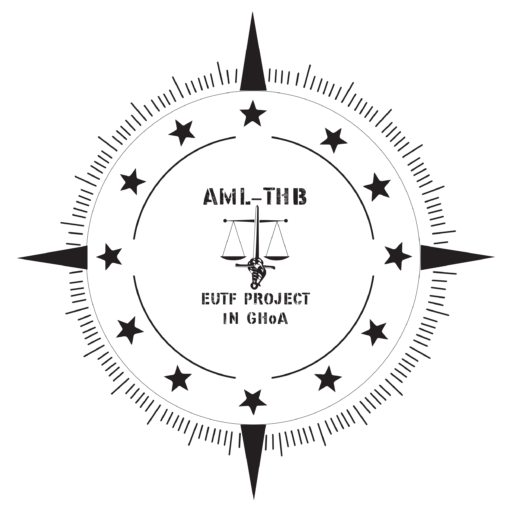By Daisy Namayi
Trafficking of human beings is more than rogue agents receiving money from desperate citizens….
When someone talks of the trafficking of human beings, (THB) most bankers might think of rogue agents receiving money from citizens desperate to travel abroad in search of “greener pastures”.
However, this perception may be mistaken. If bank compliance officers look deeper, they will find that even the genuine, legally registered agents may facilitate travel for individuals to work outside their hometowns. Only on arrival at their destination, these individuals find out, to their dismay, that they were recruited for purposes other than the employment they hoped to gain.
Let me cut this long story short, and ask: how then does a banker relate with all these and how can they be of help? Trafficking in human beings is one of the highest paying criminal activities globally. Funds for this nefarious activity pass through the financial systems. A banker can thus assist in preventing the laundering of these proceeds and stopping the criminals in their tracks.
The compliance officer will have to recognise the red flags related to AML/THB and understand how the business is conducted in order to know what kind of controls to put in place. Therefore, in addition to reviewing the unusual transactions, compliance officers must strive to understand what crime may have been committed.
Understanding a customer’s nature of business activity, country operations and account activity is another important role a compliance officer can play in ensuring the financial systems are not used as a conduit for THB.
In addition to knowing your client (KYC), continuous behavioural monitoring of customers is critical.
Staff awareness and training is another key tool for compliance in terms of understanding THB as a way of Money Laundering and Terrorism Financing (ML/TF).
The compliance officer within the bank will then flag suspicious activity and report to the Financial Intelligence Unit for analysis. If things don’t add up, the matter must be forwarded to the law enforcement agencies for further action.
Banks can further help these agencies identify and prosecute trafficking cases by providing the necessary support documents such as proof of payments and financial patterns.

